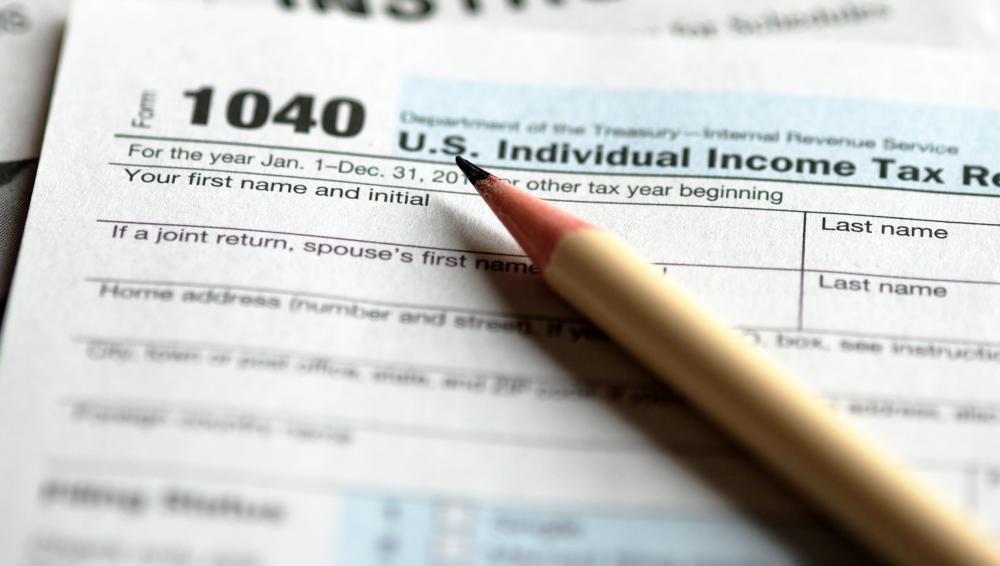At WiseGEEK, we're committed to delivering accurate, trustworthy information. Our expert-authored content is rigorously fact-checked and sourced from credible authorities. Discover how we uphold the highest standards in providing you with reliable knowledge.
What Are the Different Types of Overseas Tax Exemptions?
The United States Internal Revenue Service (IRS) requires all U.S. citizens and resident aliens to pay taxes on income earned throughout the year. Although most citizens and aliens primarily earn income within the U.S., those who earn income while living overseas also are responsible for paying taxes on the worldwide income. The IRS offers two overseas tax exemptions to taxpayers who earn income overseas, including an exclusion that reduces taxable income and another that credits a taxpayer for maintaining a home in another country. To claim either of these overseas tax exemptions, IRS tax Form 2555 must be completed and attached to Form 1040, along with any other supporting tax documents and schedules.
One of the overseas tax exemptions, the Foreign Earned Income Exclusion, allows taxpayers to exclude a certain amount of foreign earnings from taxable income. Generally, the amount that the IRS allows taxpayers to exclude fluctuates annually to reflect inflation. For example, during the 2011 tax year, the IRS allowed taxpayers to exclude the first $91,500 US Dollars (USD) of earnings and taxed only the earnings that exceeded the limit. To claim the Foreign Earned Income Exclusion, a taxpayer must be a U.S. citizen or a resident alien who meets a bona fide residency test or physical presence test, must have a home in a foreign country and must have foreign earned income. To determine whether a person's residency status qualifies for the exclusion, he or she can refer to the IRS Form 2555 instructions.

Taxpayers who qualify for the Foreign Earned Income Exclusion generally qualify for the Foreign Housing Exclusion and Deduction, although taxpayers can claim only one of the overseas tax exemptions. The Foreign Housing Exclusion is available to taxpayers who pay for maintaining a home using the earnings provided by an employer. Self-employed taxpayers can claim the Foreign Housing Deduction. The IRS allows taxpayers to deduct a certain daily or annual amount, which is determined according to the country in which the taxpayer resides.

For example, a taxpayer who resides in Israel the entire tax year can deduct the annual amount, which was $50,800 USD in 2011. If he or she resides in Israel for part of the year, he or she can deduct up to $139.18 USD per day. Similar to the Foreign Earned Income Exclusion, this amount reduces the taxable income that a taxpayer must pay to the IRS. If a person wants to determine the amount of exclusion or deduction, he or she can refer to the IRS Form 2555 instructions and complete Form 2555.
AS FEATURED ON:
AS FEATURED ON:












Discuss this Article
Post your comments